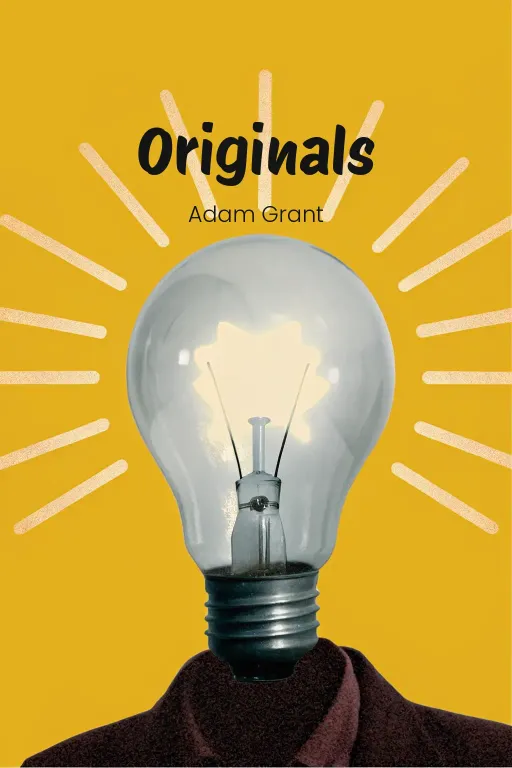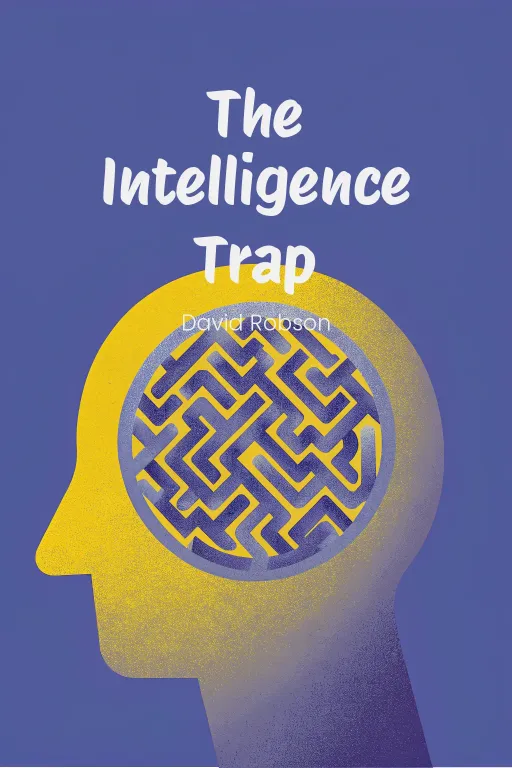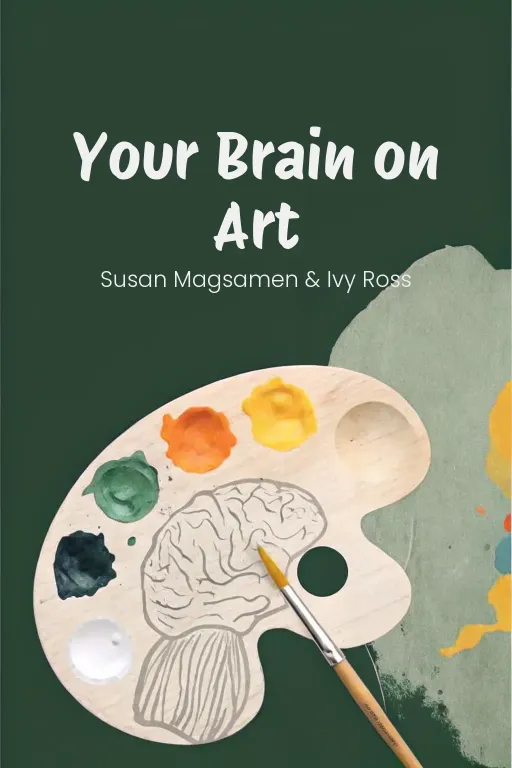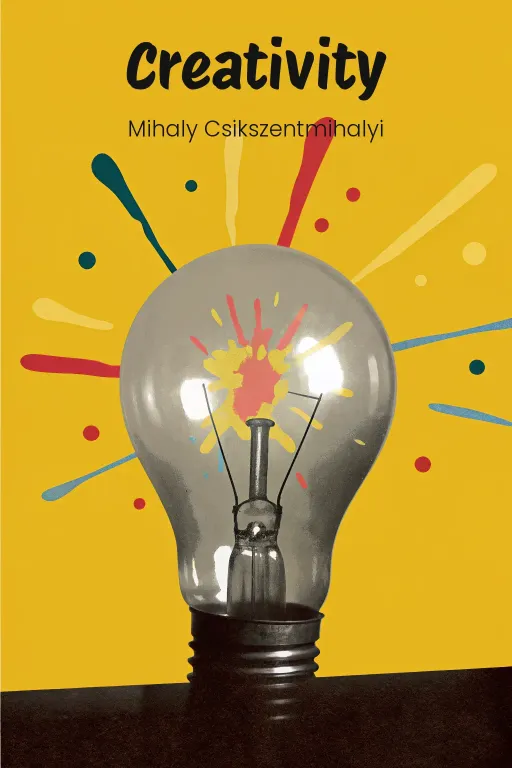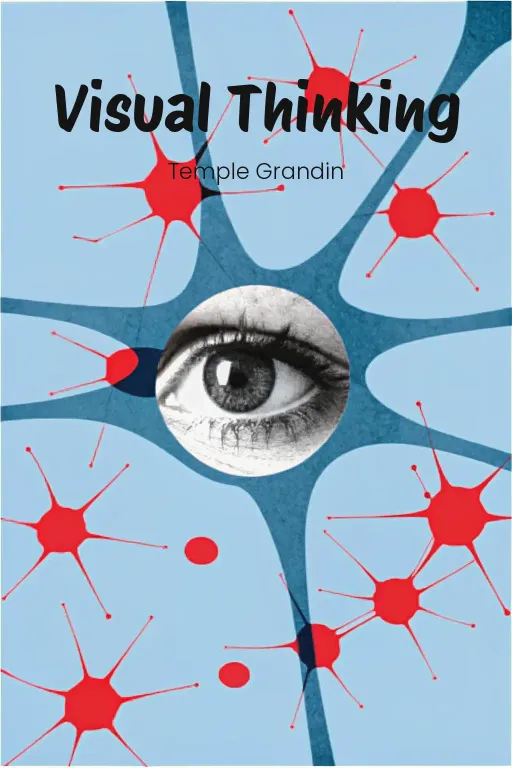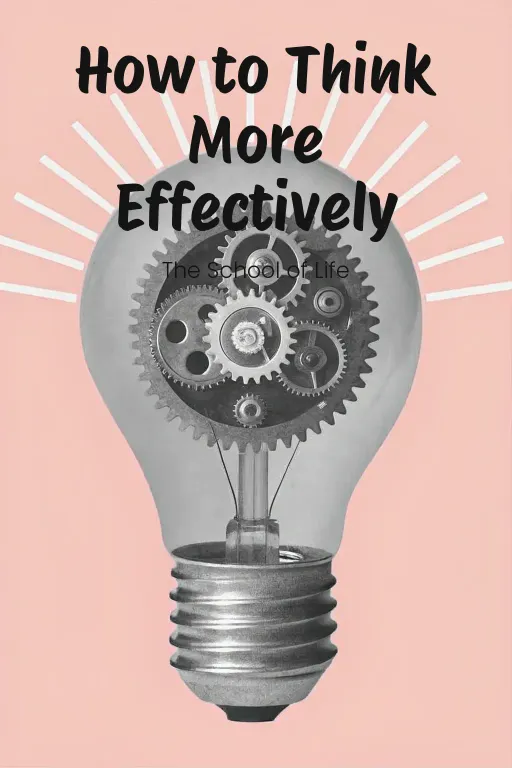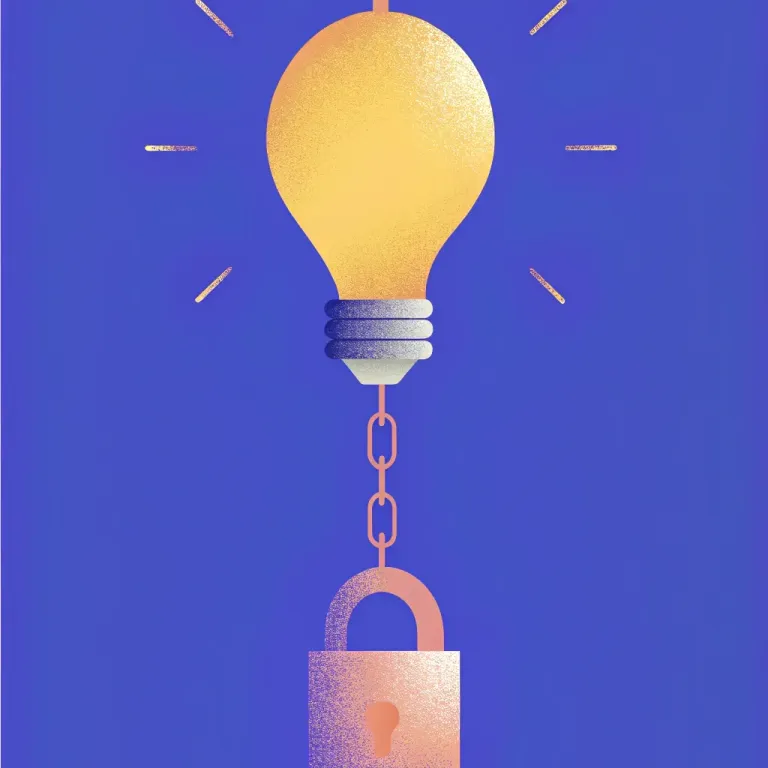
Originality's Secret: Risk Less, Innovate More
Podcast by The Muse's Minute with Brian
How Non-Conformists Move the World
Originality's Secret: Risk Less, Innovate More
Brian: How often do you hold back a truly original idea because you think, "Nah, I'm not that kind of person"? Welcome to The Muse's Minute! I'm Brian. Today we're diving into Adam Grant's fantastic book, "Originals: How Non-Conformists Move the World." It's a game-changer because it shows how being original isn't some mystical gift, but something we can all actually learn and harness to make our unique mark. Brian: So, what’s the single biggest spark from "Originals"? It's this: True originality often isn't about being the fearless, first-moving visionary we imagine. It's actually about questioning the default ways things are done and strategically managing risk, not ignoring it. Think of it like navigating a river. The 'original' isn't always the first person leaping wildly into the rapids. Often, it's the one who studies the current, maybe builds a slightly better raft based on what failed before, and chooses the right moment to launch. They question the default path and manage the risk. This idea is so transformative because it shatters that intimidating myth of the lone genius. It makes originality feel achievable, empowering us – the thoughtful planners, the careful considerers – to recognize our own potential. Brian: How does this play out? Grant shows many successful originals are surprisingly risk-averse. Take Warby Parker. They saw the eyewear industry dominated by one giant keeping prices high. They questioned that default: why did glasses have to be so expensive? But they didn't just gamble blindly on their idea for affordable online glasses. They were inspired by Zappos selling shoes online, a proven model. The founders even kept their day job options open while testing the concept! They calculated the risk, identified a specific gap, and made a smart, strategic bet. It wasn't reckless; it was calculated questioning of the status quo. And this connects to timing too. Being first isn't always best. Grant finds pioneers often fail – like, nearly 50% of the time! But "settlers," those who learn from pioneers and improve on the idea? They fail far less, maybe only 8% of the time. Think about Netflix. They weren't the first streaming service, right? They waited, learned from others' mistakes, refined the model, and entered more forcefully when the timing and technology were better aligned. They let others test the choppy waters, then sailed in with a better ship, capturing the market by improving the experience. So it's often this powerful combination: questioning the default, managing risk smartly, and choosing the right moment, which often means not being first. Brian: So how can you put this into action today? Here’s one specific takeaway: Practice "vuja de" – the opposite of déjà vu. Look at something familiar in your life or work, something you take for granted, as if you're seeing it for the very first time. Pick one thing – maybe your team's weekly meeting format, your creative process, even your commute – and genuinely ask: "Why is it done this way? Does it have to be? What's a different way we could approach this?" This simple habit of questioning the default conditions around you is a powerful muscle for sparking original thinking. You don't need to be reckless; you just need the curiosity to see what others miss and the courage to explore alternatives. Find your spark by questioning the status quo. Until next time, this is Brian from The Muse's Minute.

